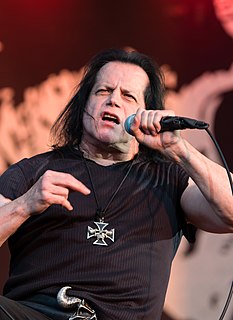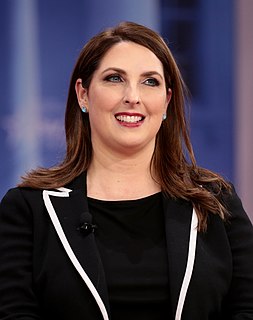A Quote by Eugene V. Debs
The Republican and Democratic parties, or, to be more exact, the Republican-Democratic party, represent the capitalist class in the class struggle. They are the political wings of the capitalist system and such differences as arise between them relate to spoils and not to principles.
Related Quotes
I grew up in a Texas where people would say, 'I didn't leave the Democratic Party. The Democratic Party left me.' Now, the reverse is happening. People are leaving the Republican Party because the Republican Party is going too far to the right in Texas. And that's a source of great potential support for Democrats.
Our only political party has two right wings, one called Republican, the other Democratic. But Henry Adams figured all that out back in the 1890s. "We have a single system," he wrote, and "in that system the only question is the price at which the proletariat is to be bought and sold, the bread and circuses."
I think my message goes out to the entire spectrum of political parties. I'm supported by the Tea Party, the Conservative Party and the Republican Party. I come from a Democratic world. My world is moderate Democrats, Reagan-type Democrats if you want, the blues or whatever you call them, the Blue Dogs. That's been my world, historically.
Bismarck had cunningly taught the parties not to aim at national appeal but to represent interests. They remained class or sectional pressure-groups under the Republic. This was fatal, for it made the party system, and with it democratic parliamentarianism, seem a divisive rather than a unifying factor. Worse: it meant the parties never produced a leader who appealed beyond the narrow limits of his own following.
































